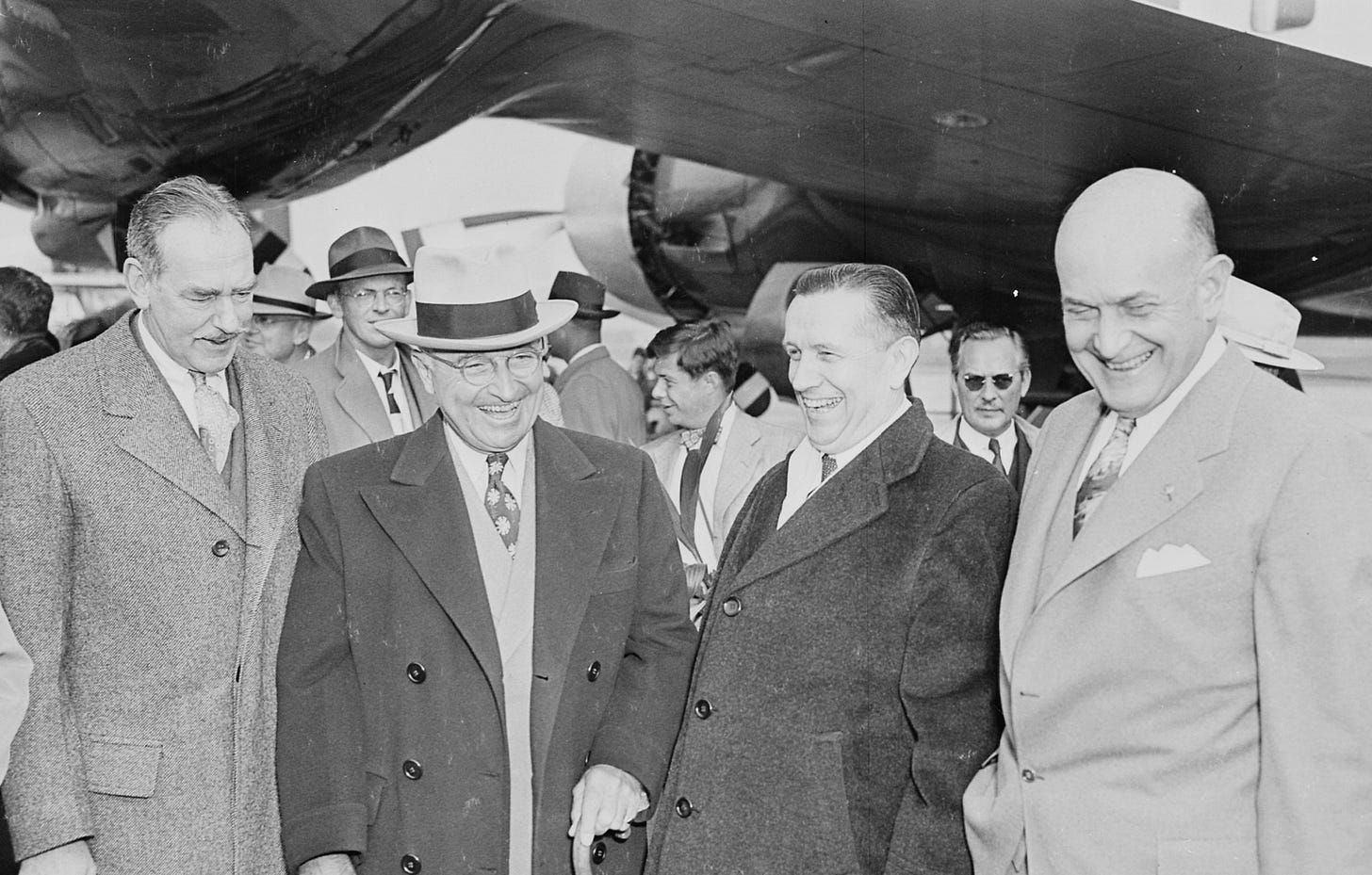The Revolt of the Admirals and Today’s Battle Over the Defense Budget
Letter in February 2021 US Naval Institue Proceedings Vol. 147/2/1,416
(See C. Nelson, pp. 68–71, US Naval Institute Proceedings September 2020)
Commander Nelson rightly points out that 1949’s so-called Revolt of the Admirals has contemporary relevance. However, interpretations of events have become distorted. Naval history cannot be viewed in a vacuum, nor 1949 in isolation. The problem with today’s interpretation lies in the “revolting” name itself.
Media consultants hired by the Department of the Air Force created the phrase to attempt to convince civilian leaders that the Department of the Navy was misleading the public and decision-makers about the capabilities of naval aviation. Army and Air Force proponents agreed that naval aviation and the Marine Corps were integral to U.S. sea power, legally defined in the National Security Act of 1947.
The actions of Captain Arleigh Burke and the naval staff in 1949 were in response not just to debates over military aviation but more fundamental questions that were designed to usurp the Navy’s role within national defense. Their actions and the events that followed were entirely in keeping with U.S. traditions of civilian oversight, where final arbitration and responsibility for scrutinizing planning for national defense lies with Congress. Accusations that Captain Burke acted inappropriately should be rejected.
After 1945, Secretary of the Navy James Forrestal, Chief of Naval Operations Ernest King, and Burke—among others—believed the Navy needed a “dose of reality” over the challenges to the Navy’s postwar existence. Their concerns were proved correct in 1949.
The 1949 events shaped Burke’s tenure as Chief of Naval Operations between 1955 and 1961, as he sought to embed into the culture that sea power was not a given and a continental nation chooses it—a pertinent point to this day. Burke helped reform a defense organization by arguing that it was not “revolt or heresy” to communicate the naval message when questioned during civilian oversight.
Use of the term “revolt” remains damaging and misleading, embraces a narrow narrative based on propaganda, and discourages understanding of the facts of the events. The fight in 1949 should be understood for what it was: part of the broader transformative defense unification process, which remains unfinished business.

